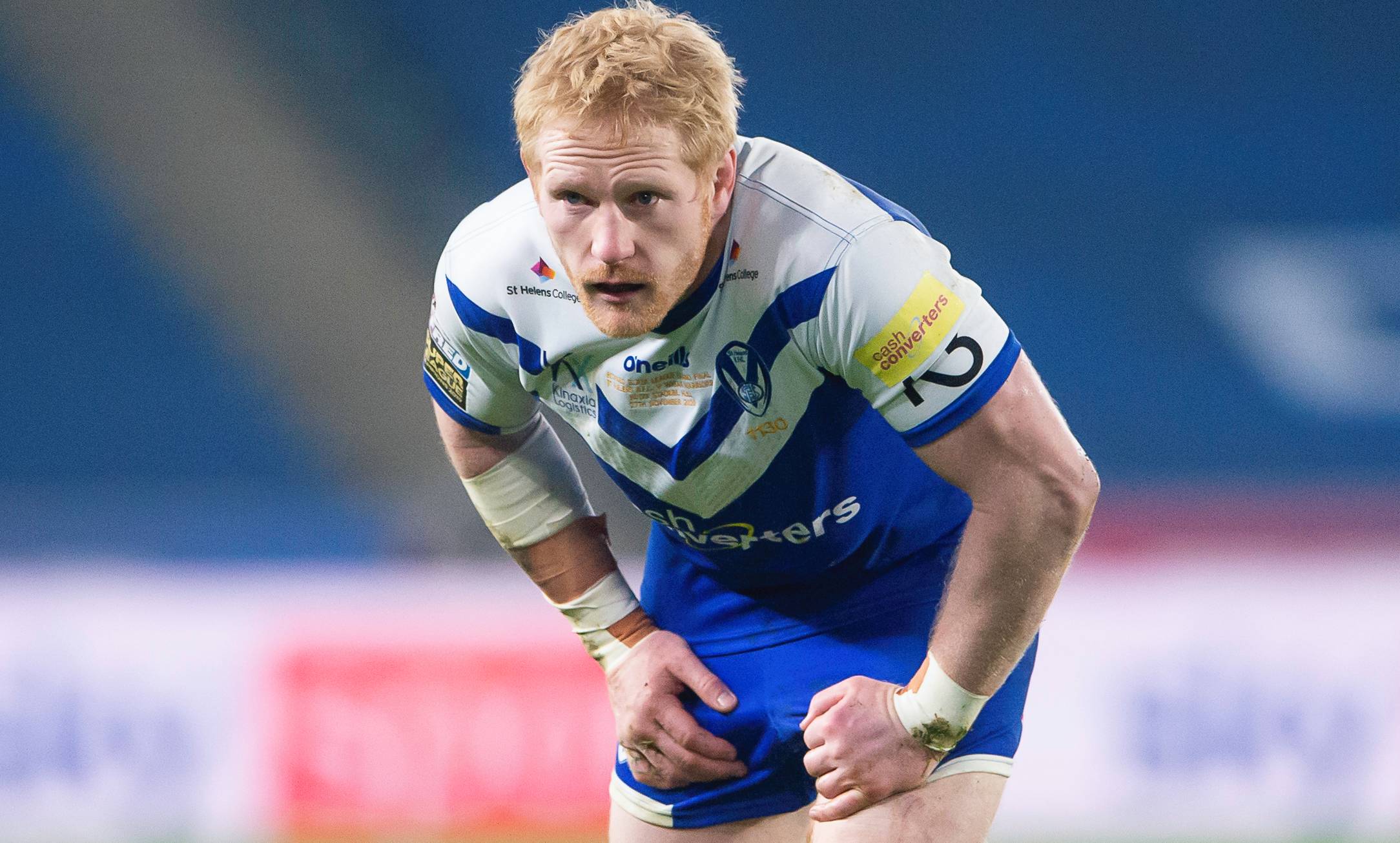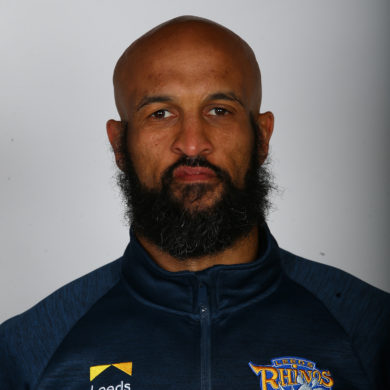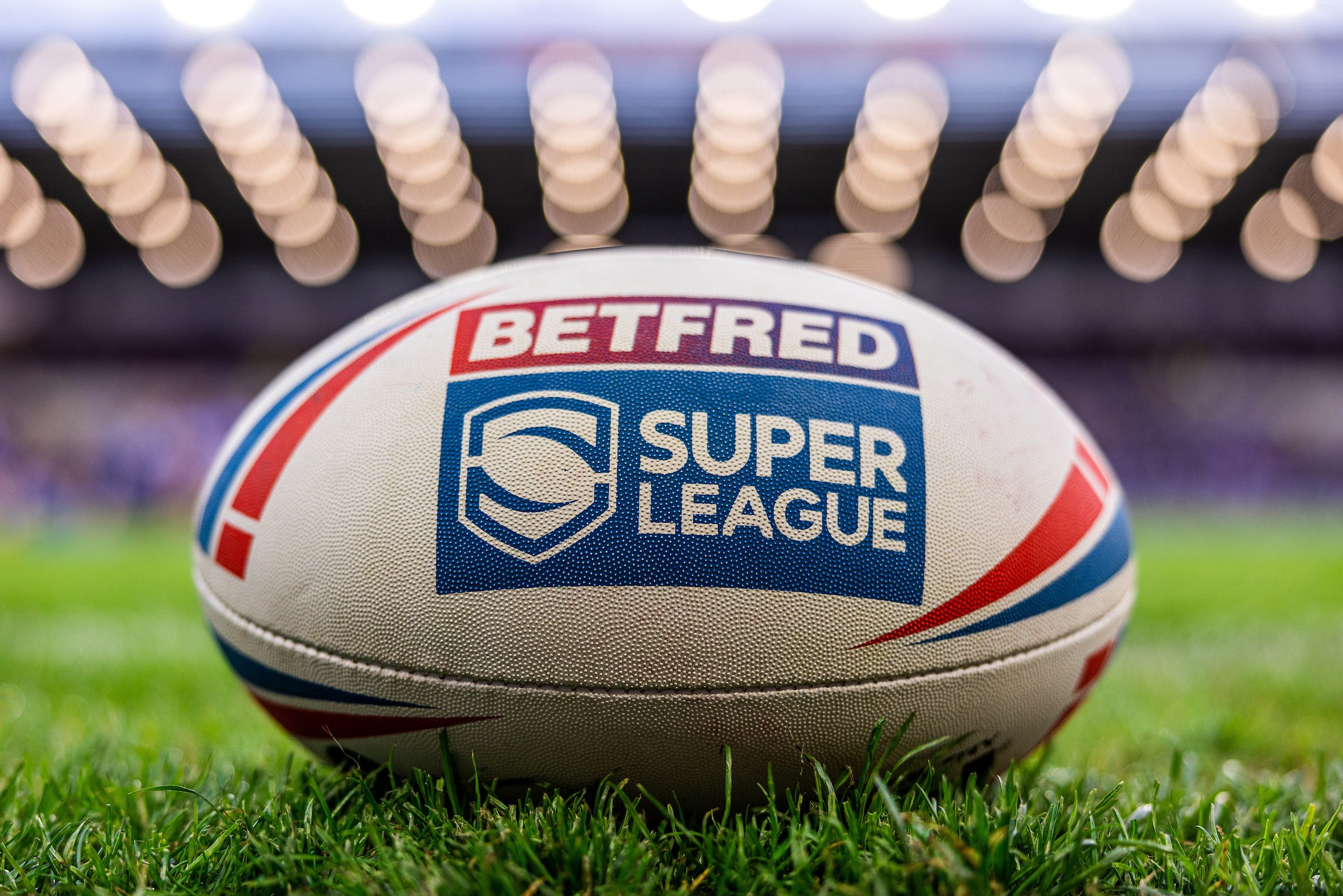This article builds on previous content that could be found in the RFL Transition Manual and addresses some of the common problems players face when transitioning.
In specific relation to Rugby League, transition means stopping playing in the full-time professional game so includes those who go on to play in the Championship or work in the sport.
Transition is all about change and transition from professional sport is generally considered to be different and can sometimes be more challenging than other career transitions for the following reasons:
Age
Players finish their careers at a relatively young age and join a workforce where competitors are already established in their careers.
Loss of community
Leaving the team environment can mean losing or reduced contact with team mates who often form the closest network of friends.
Finance
Even if a player has planned carefully for their transition it is likely that their new career will offer a lower salary.
Identity
Players can suffer a loss of identity as much of their self-image is tied up with being a professional sportsman.
Physical
The change in playing and training regimes together with injuries that occurred can affect physical and mental well being
Structure
Professional sport provides a structured environment with each day mapped out for players, adjusting to life without this can take some time.
All the above make it important to plan for this transitional period and to use the support networks that the game makes available to players all of which are covered in this guide.
Luke Robinson discusses his retirement
What do Super League players think about transition?
Here are some of the findings of research conducted by the University of Huddersfield asking current Super League players about their hopes and expectations for life after rugby:
What advantages do you see in retirement?
22 per cent - More time with family and friends
"Being able to attend family events like weddings and birthdays"
"Being able to spend more time with my kids and family"
"Less constraints on my social life"
22 per cent - End to physical pain
"Less pain, healthier joints"
"No aches & pains"
10 per cent - A new and different life
"A new challenge"
"Different lifestyle"
"Different job opportunities"
20 per cent - No advantages
"I can see advantages in years to come but at the moment I don't see any clear advantages from retiring."
8 per cent - Normal routine
"Have a normal week"
"Normal lifestyle"
"Having a less structured work schedule"
What disadvantages do you see in retirement?
20 per cent - Adjustment Issues
"Expect to feel a bit lost"
"A void will need filling"
"struggling to cope without playing"
18 per cent - Financial Issues
"Financially it will be a big change"
"Probably have to take a large pay cut from what I would be earning playing RL"
16 per cent - Employment Issues
"Transforming to a new career and trying to apply skills learnt from rugby league environment"
"Start/find a new career"
11 per cent - Identity Issues
"The identity of being a team member"
"Mentally adjusting to not being in a team environment"
7 per cent - Physical Issues
"Aches, pains, joint problems"
"Scared of depression"
"Physical issues from injuries"
9 per cent - No problems perceived at this moment
Jamie Thackray talks about his transition
Quote
- Barack Obama
|
Related Articles

.jpg)
Management of former players
James Graham | October 27, 2023
James Graham introduces a special episode of the 'Rugby League Round ...
Read More

Jamie Jones-Buchanan: Gratitude
Jamie Jones-Buchanan | June 30, 2022
As part of RL Cares's 'Gratitude' campaign, former Leeds Rhinos and Great ...
Read More
.jpg)
GamCare and GamStop
Steve McCormack | August 24, 2022
GamCare is the leading provider of information, advice and support for ...
Read More